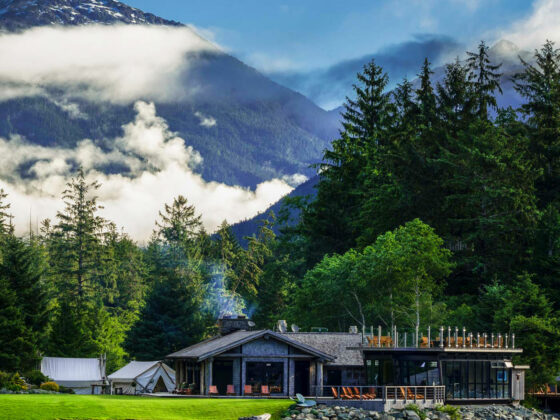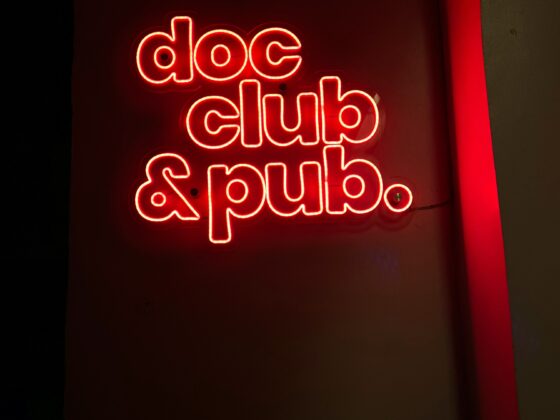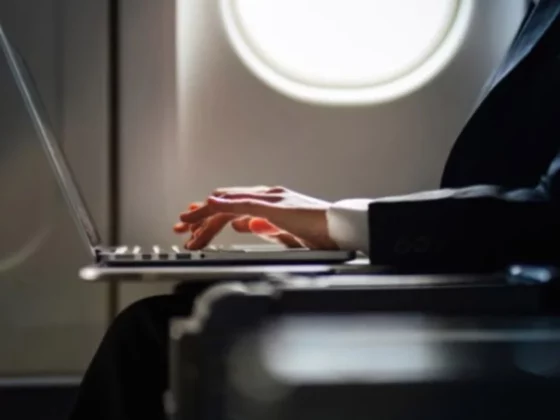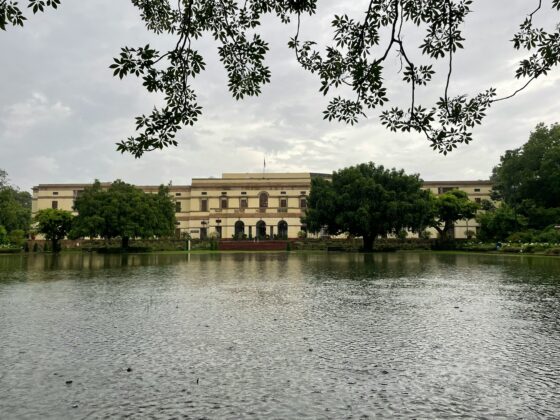
In our world of perpetual motion, paradoxes are no longer surprising. The health crisis once led us to believe there would be a lasting post-Covid impact on the desire to travel. And while that wave may have temporarily receded, it is far too powerful to dissolve into an ocean that suddenly stands still.
International travel has never been so dynamic. Air traffic is growing at double-digit rates, and one could easily assume that the entire value chain is benefiting—starting with accommodation. And yet, here lies the first paradox: growth in the supply of commercial hospitality is lagging behind.
Several reasons explain the weakness in new hotel development: the scarcity of reasonably priced, well-located land; the multiplication of standards and regulations; high financing costs; and investor caution in an era of political uncertainty on nearly every continent.
Nevertheless, the leaders of major hotel groups continue to promote their pipelines, which are richer than ever, and announce impressive growth projections to the financial community—driven by the arrival of new brands across all markets. Yet another paradox.
Who is feeding these pipelines? The answer lies in the words of development teams, who openly admit to pursuing every possible avenue: ground-up construction where feasible, but above all, conversions of non-branded properties or poaching assets from competitors. The widespread adoption of the franchise model creates a misleading impression of the actual growth in hotel supply.
Another paradox: while net room supply is barely growing, the number of brands is increasing by more than 5% per year in some cases. That’s cause for reflection. Rarely have we seen so many brand launches within major groups—when they’re not acquiring already successful brands in the booming lifestyle segment.
Hospitality is a vast universe in which the boundaries between accommodation types—once clearly defined—are blurring. Today’s guest is multifaceted, their needs ever-changing, shaped by context and timing. What share of demand is drifting toward peer-to-peer short-term rentals? How can traditional hospitality ensure it retains its market share?
It’s a critical question. Over the past decade, platforms like Airbnb have placed millions of alternative accommodations on the market, generating competitive friction for the hotel industry’s growth trajectory. The wave of regulation currently sweeping through major urban destinations presents a valuable opportunity for hotel operators and brands. It may slow down the rise of short-term rentals, offering a welcome reprieve and a chance to reclaim lost market share.
As of now, the industry seems paralyzed by excessive caution—an investment freeze rooted in risk aversion. It’s time to shake off this inertia. Hospitality must reinvent itself, innovate, and, above all, dare to invest. It must embrace calculated risk and imagine new accommodation models that respond to evolving guest expectations. Short-term rentals, booking platforms, and emerging forms of tourism are not threats—they are opportunities.
Ultimately, the paradox may be an illusion. The reality is that hospitality holds all the cards needed to thrive—as long as it refuses to stand still and is willing to reimagine itself.







